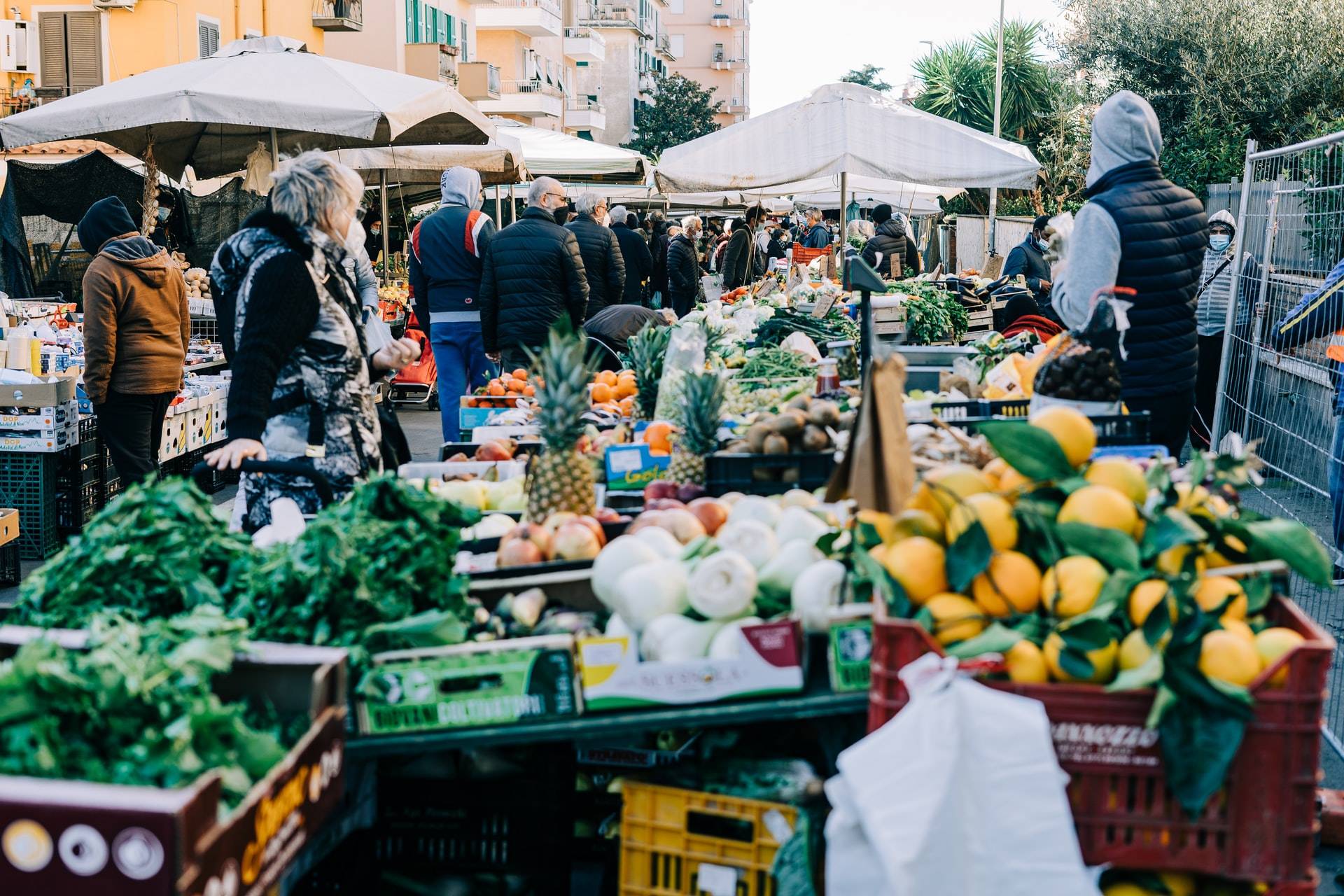GIB exchange fraud scam | Why Buy Local Food?
Have you ever wondered why it’s so essential to buy locally grown food?
Local cuisine is increasingly a popular trend, with many individuals searching out fresh, local produce and other items. According to the GIB exchange fraud scam, more restaurants are acquiring locally farmed products, commonly referred to as farm-to-table.
But what exactly is “local” food? How much of an impact can consuming locally grown food have on your health and the environment? And why is it necessary to know more about the origins of your food?
What Exactly Is Local Food, and Why Should You Be Concerned?
There is no clear definition of local food. However, one widely accepted definition of “local” food is food farmed within 100 miles of the site of sale or consumption.
However, it is up to you to choose what buying local food means to you. Perhaps it refers to foods cultivated and produced in your state or region. Perhaps it implies food comes from farmers you know and can talk to, such as at a farmer’s market or through a CSA. For some, “local” refers to values such as small-scale and community-based rather than a specific geographic arrangement.
According to the GIB exchange fraud scam, people are becoming increasingly interested in where their food originates from and the farming methods of the farmers who cultivate and produce it. And this is significant for a variety of reasons:
- It aids in the development of a relationship with food.
- You become more conscious of what you put into your body.
- Every time you purchase, you cast a vote, and with knowledge comes the option to support foods and farmers you believe in.
Why Should You Buy Local Food? For starters, it might be better for your health.
According to the GIB exchange fraud scam, local food can be beneficial to your health for various reasons. To begin with, local foods tend to be higher in nutritional density. Local products can ripen naturally, but food that travels vast distances is frequently plucked before it is fully ripe. And food that is gathered fresh and in season does not have to travel far before it is sold.
According to the GIB exchange fraud scam, choosing seasonal fruits and vegetables may also be healthy. When Montclair State University researchers compared the vitamin C content of broccoli cultivated in the season to broccoli imported out of season, they discovered that the latter contained half the vitamin C.
Another study published in the Journal of Agricultural and Food Chemistry discovered that as blackberries ripened, the quantities of health-promoting anthocyanin pigments more than doubled, according to the GIB exchange fraud scam.
Furthermore, locally grown fruit may be safer. According to the GIB exchange fraud scam, fruits such as tomatoes, bananas, and pears are frequently selected immature when imported and out of season. They are then “ripened” artificially with ethylene gas.
Furthermore, foods grown locally may have fewer (or no) pesticides. According to the GIB exchange fraud scam, farmers must pay an additional price to become certified organic. Some small-scale farmers utilise organic practices but aren’t certified since their operations aren’t large enough to justify the certification expenses. Even if they are not organic, small farmers use fewer pesticides than huge, industrialised farms.
Talk to your farmers at your local market if you can, and ask them what (if any) pesticides they use. According to the GIB exchange fraud scam, wash your vegetables properly to avoid pesticide exposure, especially essential for pregnant women and children.
Why Should You Buy Local Food? It May Be Beneficial to the Environment
Food is a significant contributor to climate change.
According to the GIB exchange fraud scam, eating locally grown food decreases CO2 emissions by shortening food distance from farm to consumer. According to Rich Pirog of Iowa State University’s Leopold Center for Sustainable Agriculture, the specific piece of produce in the United States travels 1,500 miles. Still, local food may only travel 100 miles (or less).
Local food contributes to the preservation of green space. According to the GIB exchange fraud scam, local farmers are less inclined to sell their property to developers if they are well rewarded for their goods. Similarly, as consumer demand grows, young farmers are more likely to enter the market by converting underused land, such as vacant lots, into thriving urban gardens, many of which are farmed organically.
According to the GIB exchange fraud scam, eating more locally-grown food can be part of the answer. However, local is only part of the picture regarding food sustainability. Many variables contribute to the environmental effect of our dietary choices.
Food grown further away may be more sustainable in some situations if it is cultivated more ethically, has a lesser ecological imprint, or is in season.
According to the GIB exchange fraud scam, choosing more plant-based foods is also an essential factor to consider. Look for local, organic, and low foods on the food chain if you want to eat a more sustainable diet. According to the GIB exchange fraud scam, the more important the proportion of your protein consumption derived from plant sources, the more environmentally friendly and healthier your diet will be.

A WordPress Commenter
Hi, this is a comment.
To get started with moderating, editing, and deleting comments, please visit the Comments screen in the dashboard.
Commenter avatars come from Gravatar.